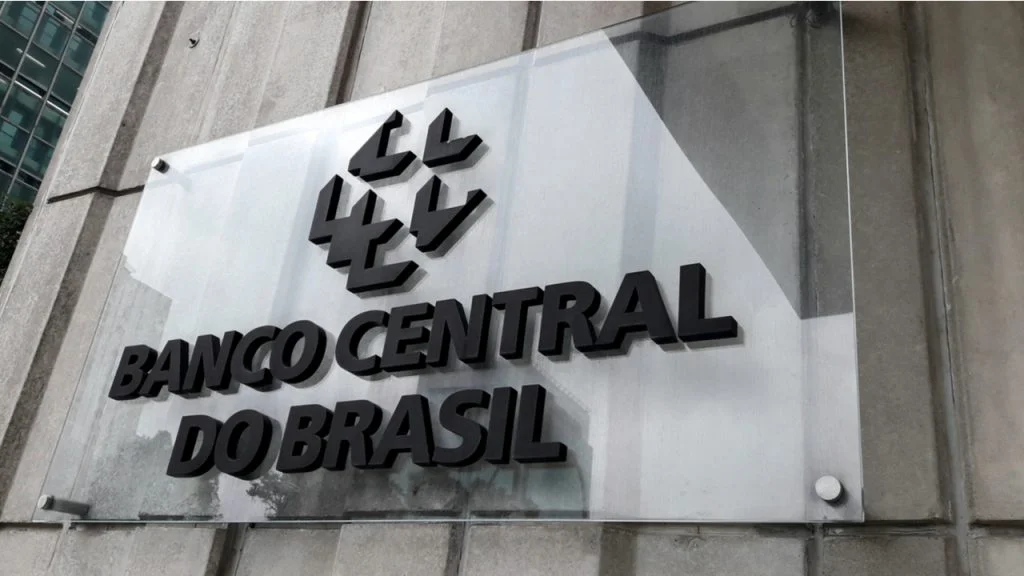The governor of Banco Central do Brasil, Brazil’s central bank, stated that the institution has observed a significant increase in crypto adoption in the country and will respond by tightening the regulation of digital assets.

Roberto Campos Neto reported an increase in “cryptocurrency imports” by Brazilians in a lecture to the Finance and Taxation Commission of the Brazilian parliament on September 27.
According to data from the central bank, crypto imports increased 44.2% from January to August of 2023 compared to the same period in 2022. There were approximately 35.9 billion Brazilian reals ($7.4 billion) in total funds.
Separately, Campos Neto emphasized the prevalence of stablecoins, which, according to him, are more commonly used for payments than investments.
According to him, the bank will respond to these trends by strengthening regulation and bringing cryptocurrency platforms under its supervision. He added that crypto-related issues may include tax evasion and illegal activities:
“We understand that a lot is connected to tax evasion or linked to illicit activities.“
In June 2023, Brazil assigned the central bank the primary responsibility for crypto regulation. Token initiatives that qualify as securities continue to fall under the jurisdiction of the Comisso de Valores Mobiliários, the Brazilian equivalent of the Securities and Exchange Commission of the United States.
The Brazilian central bank is also developing its own digital currency, Drex. In August, it disclosed the name and logo of the central bank’s digital currency.
In a previous controversy, Brazilian blockchain developer Pedro Magalhães allegedly discovered functions in the Drex code that would enable a central authority to freeze funds or reduce balances.

